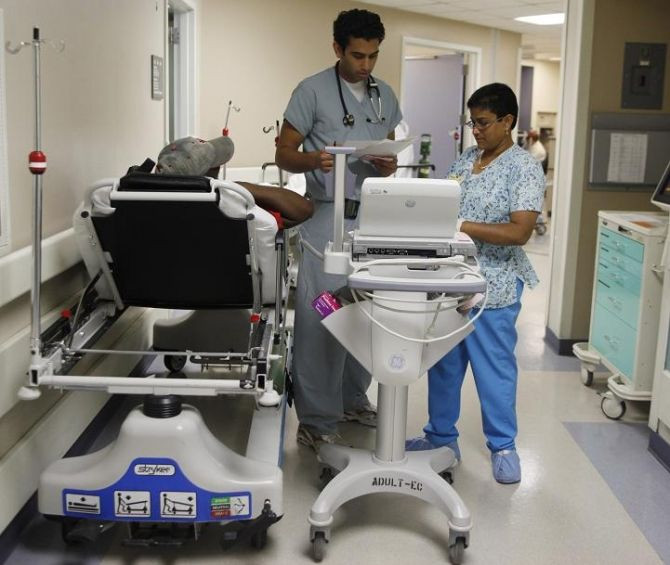Top Physician Groups Look to Cut Overuse of Tests

A collection of the top physician organizations are joining forces to develop evidence-based lists of tests and procedures that are often overused or misused when treating patients, a major contributor to health care spending.
Choosing Wisely, launched by the ABIM Foundation in partnership with nine leading medical specialty societies, is aimed at helping physicians, patients and other health care stakeholders think and talk about overuse or misuse of health care resources in the United States.
"Physicians play a leading role in addressing problems with our nation's health care system. That is why the ABIM Foundation is proud to be working with specialty societies that have proactively decided to address some of the most important issues in health care head on," said Christine K. Cassel, M.D., president and CEO of the ABIM Foundation. "By identifying specific procedures or tests that may commonly be ordered, but not always necessary to improving patient care, we're kicking off an important and overdue conversation about making wise choices in health care. Everyone – providers, patients and others – plays a part in being better stewards of the system's finite resources."
Participating organizations include the American Academy of Allergy, Asthma & Immunology, American Academy of Family Physicians, American College of Cardiology, American College of Physicians, American College of Radiology, American Gastroenterological Association, American Society of Clinical Oncology, American Society of Nephrology, American Society of Nuclear Cardiology, and Consumer Reports.
As part of Choosing Wisely, each organization will identify its own list of five common tests or procedures whose use in their profession should be discussed or questioned. The lists will be unveiled in April 2012.
"With the medications, devices and imaging technology available to cardiologists today, we can save and improve the lives of patients who would not have had a chance just 15 years ago," said American College of Cardiology President David Holmes, Jr., M.D., FACC. "We have a responsibility to use these powerful tools effectively. We are pleased to join with our partners in the Choosing Wisely campaign to encourage open communication about the risks, costs and benefits of tests and treatments so that our patients can be informed partners in important decisions about their care."
This past August the Archives of Internal Medicine published a list of seven recommendations resulting from a National Physicians Alliance project that identified the top five activities in family medicine, internal medicine, and pediatrics where quality of care could be improved. The list included:
- Using imaging in patients who have had low back pain for fewer than six weeks
- Giving antibiotics for sinusitis
- Ordering an electrocardiogram (ECG) or other cardiac screening for low-risk patients
- Performing a Pap test in women who've had total hysterectomy for benign disease
- Ordering bone density scans for women under the age of 65, or men under 70, who have no risk factors
- Prescribing brand-name statins such as Lipitor instead of generics
- Obtaining a blood chemistry panel or urinalysis for asymptomatic, healthy adult patients
The Congressional Budget Office estimates that up to 30 percent of care delivered in America goes toward unnecessary tests, procedures, medical appointments, hospital stays and other services that may not improve people's health.
The Centers for Medicare & Medicaid Services predict U.S. health care spending will reach $4.3 trillion and account for 19.3 percent of the nation's gross domestic product by 2019.



























